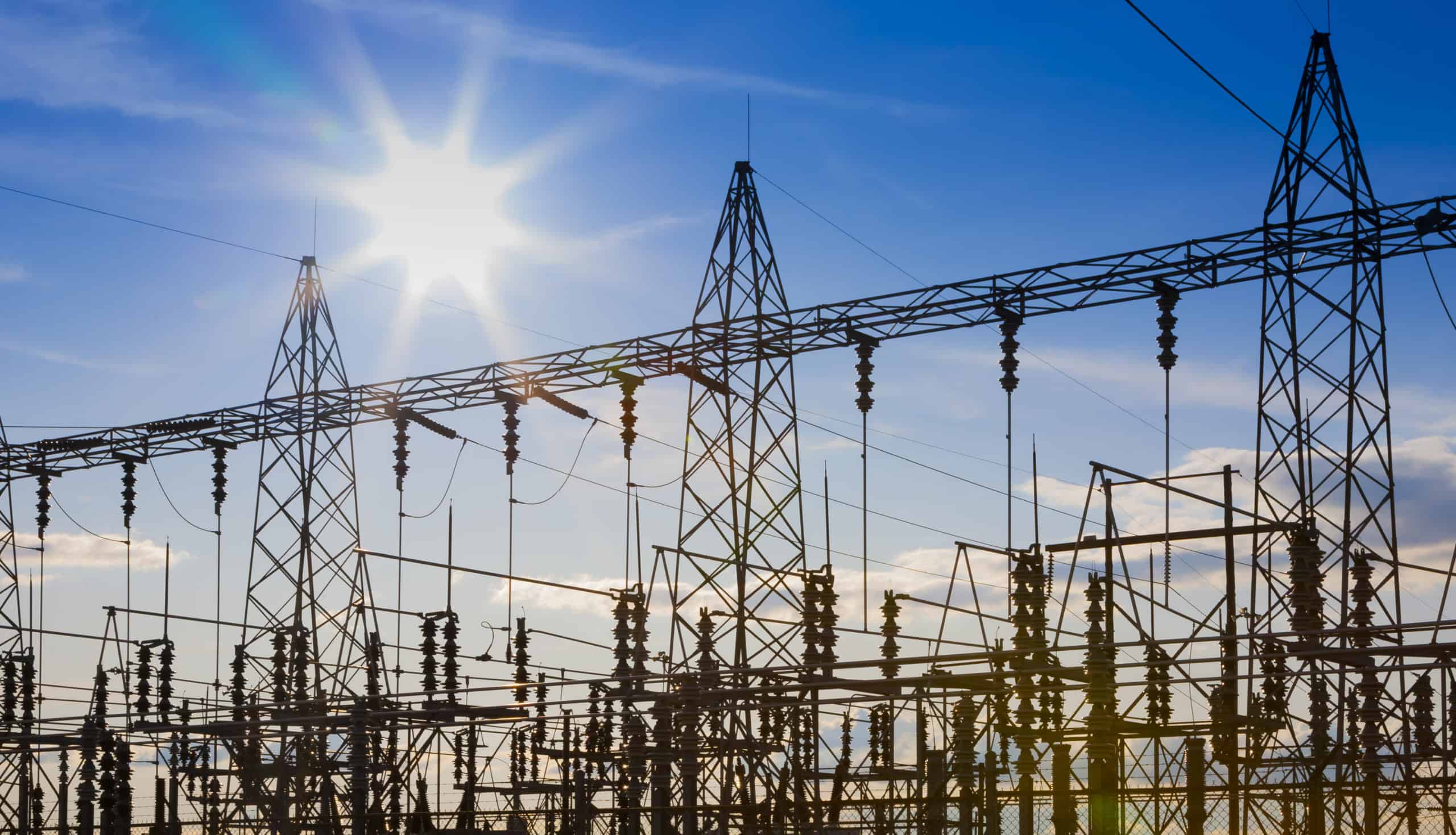What can be done to mitigate the impact on the Proposed Changes in the Mexico Electricity Market and the forthcoming increase in Self-Supply Wheeling Charges

During the last two months, the current Administration has redoubled its efforts to modify the Mexican Electricity Market justified by the decrease in electricity demand due to the health pandemic. However, these actions go against the spirit of the 2013 Energy Reform, restricting generation and private supply without having to change the laws in order to return to a centralized and closed energy market.
The 2013 Energy Reform, the development of the Wholesale Electricity Market (MEM) and the Self-Supply pre-reform scheme has resulted in:
- Billions of dollars in direct investment in Mexico through renewable generation projects that have generated more than 100,000 direct jobs and have helped reduce greenhouse gas emissions.
- The possibility that large electricity consumers can enjoy savings in their energy costs by choosing products and supply contracts that best suit their consumption and risk profiles.
Increasing wheeling rates for self-supply is a regrettable step that will have a profound impact against private generation and supply, and in certain cases, making it less competitive than basic CFE supply in an artificial way. By doing this, self-supply users will be either forced to return to CFE, migrate to the Wholesale Electricity Market and / or provoke a negotiation between private generators and the Government similar to the negotiation on gas pipeline contracts, in order to coexist.
Many will wonder why CFE does not lower its industrial rates to make them more competitive instead of having to carry out this increase in transmission and distribution charges. The answer is that CFE cannot afford to lower its rates because:
- CFE generation costs are higher due to its fleet of inefficient and old generation plants that use coal, diesel and fuel oil. The generation cost of a diesel or fuel oil generation plant is at least USD80 / MWh compared to USD25-45 in generation cost of a renewable plant.
- The income of industrial users is used to finance CFE household rate subsidies and investment projects; and pay down debt.
What is the impact of the increase in T&D rates? The first thing to note is that the increase in wheeling charges affect all users in the self-supply scheme (autoabasto). The new rates for efficient and renewable generation are already known and the publication of wheeling rates for conventional generation is soon expected.
The second concept that must be well understood is that the increase in T&D fees is cumulative, because users pay cumulative fees depending on the level of tension at which they consume. For example, if a user consumes in medium voltage and the generation is in high voltage, this user has to pay the wheeling costs for high and medium voltage for each KWh that the company consumes. This implies that the impact is amplified for the low voltage points because the three wheeling rates can be paid.
This example should give you a measure of the economic impact of rising transmission and distribution rates. This example is based on a large industrial consumer with 6 meters, 4 medium voltage and 2 high voltage. The estimated impact on this industrial consumer is 41 million pesos per year and a considerable reduction in savings on the CFE rate.
What can be done in this situation?
If your company is still with CFE Basic Supply, the recommendation is to explore opportunities that reduce energy costs, either by switching from supplier to the Wholesale Electricity Market (MEM) or looking for self-generation and reliability solutions through on-site generation. An added benefit is that the large end user can reduce their carbon footprint by increasing energy consumption through renewable generation, helping to meet sustainability goals.
The Mexican Electricity Market continues to offer such opportunities despite increased regulatory and political risk due to the undeterred resolution of all market participants to make it a success.
Conversely, if your business is on a qualified or self-supply contract, it would be wise to audit current supply contracts. Carrying out these audits is very important because it is good to exercise a contractual right but also the application of best practices and standards to:
- Determine if the contract is being applied correctly; and
- To see if you can reduce operational and financial risks
An additional benefit of these audits is that they can be carried out in a short time, which reduces your cost and can be classified as:
- Monthly: reconciliation of invoices.
- Periodic: more general review of the correct application of the contract.
In the vast majority of audits done by Acclaim, if not all, we have found that the contract is not being properly applied by the supplier / generator. Either because they are not fulfilling their contractual obligations, such as invoices issued on time and in accordance with the provisions of the contract; or due to errors in invoices or incorrect application of the economic terms of the contract. These errors have resulted in overcharges of more than USD10,000 in monthly invoices and in another case, USD3 million over a continuous period of time. These examples demonstrate the importance of exercising audit rights in energy supply contracts during the length of the contract, and especially in situations such as the current pandemic crisis. For those companies that have self-supply contracts, it is important to verify with an expert what these increases in their budget will look like, especially considering that July 1st marks the supposed start date.
Additionally, there may be ways within your contract to mitigate this increase in partially or entirely. Perhaps not directly, but indirectly through some optimizations that can be achieved under the same ongoing contract. For this, as mentioned previously, you need a competent firm of energy experts who can carry out audits to detect these areas of opportunity where there may be hidden value.
The current situation in the Mexico electricity market is not ideal due to the existing regulatory risk and the obstacles that are being placed on private generation and, especially, on renewable generation and is creating doubts among end users about what to do. However, Acclaim Energy believes that periods like the one we are going through also generates opportunities, especially because the course the government is taking will probably cause an increase in costs for consumers under CFE Basic Supply.
To mitigate this impact, there is an opportunity to look for alternatives under Qualified Supply or on-site generation schemes that allow you to save and control your energy budget. We invite you to analyze your current situation and seek support to make informed decisions in the current uncertain environment.




